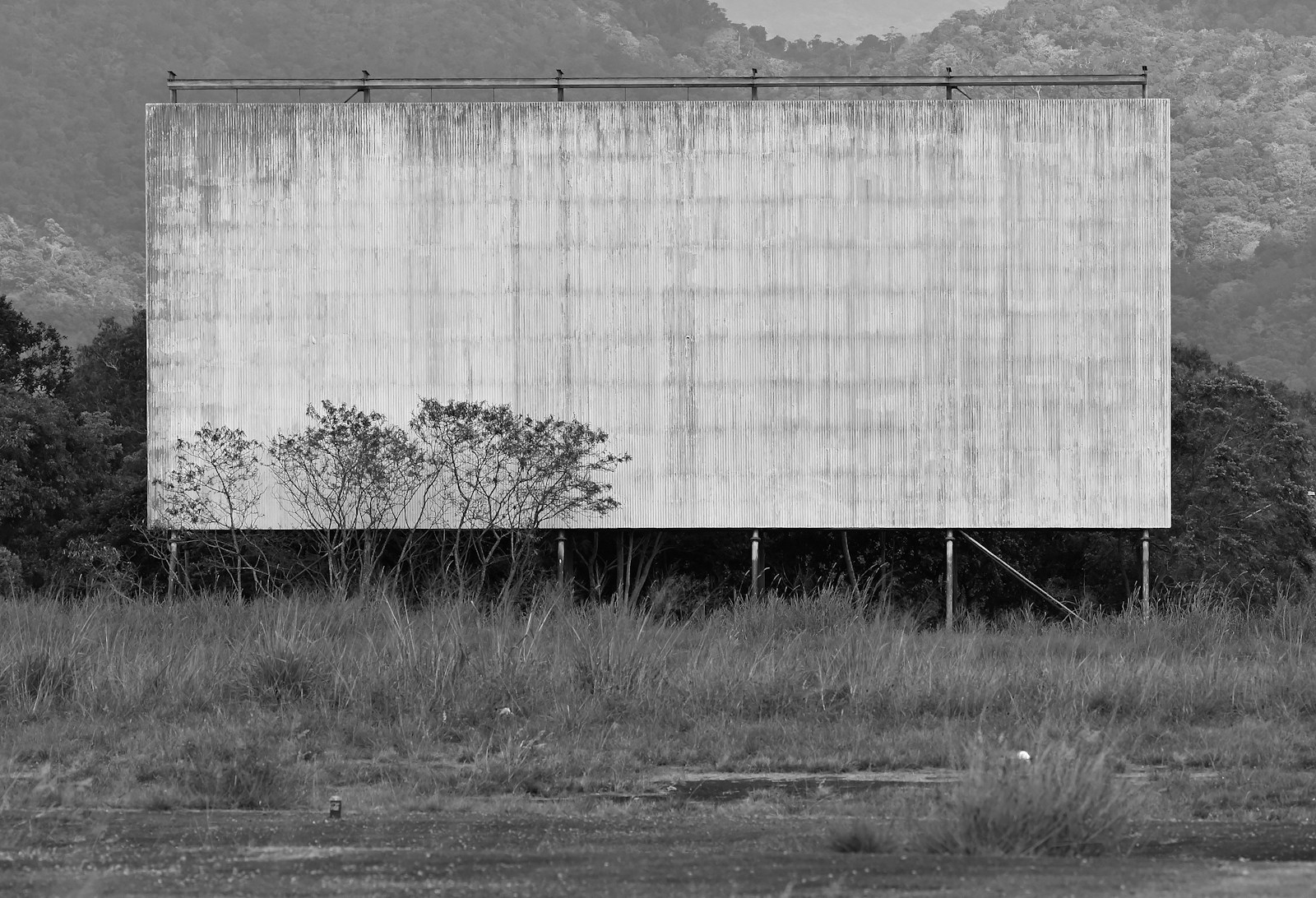
昨天
zuótiān

yesterday
In Chinese, '昨天' is most commonly used to refer to the day before today, which is equivalent to the English word 'yesterday'. It is widely used in daily conversations as well as in literature. The term can be used at the beginning, middle, or end of sentences depending on the context.
Example sentences using: 昨天
昨天我去了图书馆。
Zuótiān wǒ qùle túshūguǎn.

Yesterday I went to the library.
Here, we are using '昨天' at the beginning of the sentence to indicate the time of the action, followed by the subject, the verb and finally the destination.
她昨天生病了。
Tā zuótiān shēngbìngle.

She was sick yesterday.
None
我们昨天喝了很多酒。
Wǒmen zuótiān hēle hěnduō jiǔ.

We drank a lot of alcohol yesterday.
This example again uses '昨天' to mark the time when the action was completed. It tells about the quantity of an action performed in the past.
昨天他没来。
Zuótiān tā méilái.

He didn't come yesterday.
Here, '昨天' is used to point out when the action (or lack of action) occurred. It's followed directly by the negative form of the action verb.
昨天我在家看电影。
Zuótiān wǒ zàijiā kàn diànyǐng.

Yesterday, I watched a movie at home.
In this sentence, '昨天' is used at the beginning to signify when the action took place. It is followed by the place and the activities conducted.
你昨天在哪儿?
Nǐ zuótiān zài nǎ'er?

Where were you yesterday?
'昨天' is used to ask about someone's whereabouts at a certain time in the past.
昨天我买了新的手机。
Zuótiān wǒ mǎile xīn de shǒujī.

Yesterday, I bought a new cell phone.
'昨天' is used to denote when the action took place, followed by what action was taken.
昨天你做了些什么?
Zuótiān nǐ zuòle xiē shénme?

What did you do yesterday?
In this question, '昨天' is used to inquire about someone's previous day's activities.
昨天他给了我一段信息。
Zuótiān tā gěile wǒ yīduàn xìnxī.

He gave me a piece of information yesterday.
Here, '昨天' is used to signify when an action took place. The verb '给' (give) is then used with the indirect and direct objects.
昨天我忘了带伞。
Zuótiān wǒ wàngle dài sǎn.

Yesterday, I forgot to bring an umbrella.
In this sentence, '昨天' is once again used to indicate when something happened. It's directly followed by the action and what was forgotten.